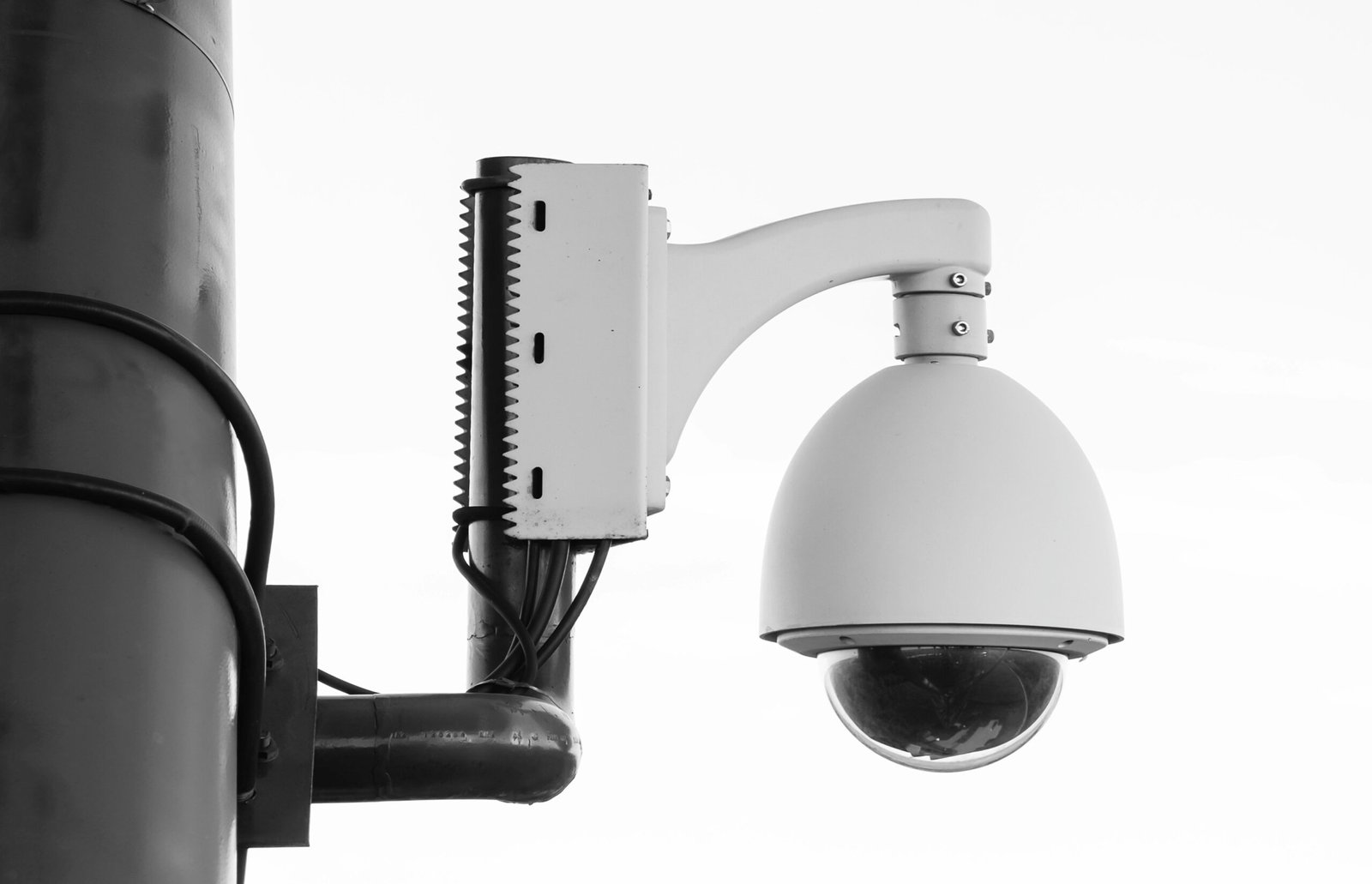
Background of the USAID Security Leadership
The United States Agency for International Development (USAID) plays a pivotal role in overseas development assistance, with security leadership being critical to its operations. The USAID security structure is designed to ensure the safety of its personnel, assets, and information, reflecting the agency’s commitment to uphold its mission even in challenging environments. The security leadership team comprises various key figures, including the Chief Security Officer (CSO) and a network of Regional Security Officers (RSOs) stationed in different parts of the world. This arrangement allows for localized security responses while adhering to centralized policy directives.
Key leaders within USAID’s security framework are responsible for formulating and implementing security strategies that align with the agency’s objectives. They oversee various facets of security management, including physical security, personnel security, and information assurance. The role of these leaders extends beyond mere compliance; they engage with external stakeholders such as host nations, local communities, and international organizations to foster collaborative security efforts. These interactions not only aim to protect USAID operations but also contribute to a broader understanding of the security landscape in which they operate.
Cybersecurity is of paramount importance to USAID, particularly given the agency’s reliance on technology and data to drive its initiatives. The organization has established comprehensive policies for access control, ensuring that sensitive systems are fortified against unauthorized access. This includes implementing stringent authentication protocols and conducting regular audits to identify potential vulnerabilities. USAID’s commitment to maintaining secure systems is further exemplified through its continuous investment in training programs for employees about cybersecurity best practices. This proactive approach is essential in safeguarding the agency’s information from a range of evolving threats.
The Controversy: Refusal to Grant Access
In recent events, the decision by USAID security leaders to deny access to employees associated with Elon Musk’s Doge project has stirred considerable discourse. The situation emerged from a series of communications that transpired between USAID and representatives of the Doge initiative. Central to the refusal was a thorough assessment of security protocols that govern access to sensitive systems within the agency. USAID operates within a framework that mandates stringent security measures to safeguard data integrity and protect national interests. As such, any proposed access by external personnel raises legitimate concerns regarding potential vulnerabilities.
The refusal was primarily based on the perceived risks associated with permitting outside entities involvement with critical systems. There were apprehensions about the core capabilities of Doge employees to navigate USAID’s infrastructure, especially given the potential for unintended security breaches. The contractual and operational implications were meticulously examined, revealing that inviting external collaborators without established trust could compromise ongoing projects and sensitive information management. Each access request is treated with considerable scrutiny and is often met with thorough justification based on assessed risk factors.
Prior to the final decision, USAID security leaders engaged in extensive discussions with Doge representatives, exploring alternative terms for possible collaboration. Unfortunately, these negotiations did not yield a satisfactory framework, primarily due to disagreements over the handling and processing of classified data. This culminated in the pronounced decision to disallow access, emphasizing the agency’s commitment to its security protocols and the broader implications of compromised access. Thus, while the refusal has incited debate over its implications for innovation and collaboration, it also highlights USAID’s adherence to rigorous security standards that underpin their operational integrity.
Consequences of the Decision
The resignation of USAIID’s security leaders in response to the access granted to Elon Musk’s Doge employees marks a pivotal moment, eliciting immediate and long-term consequences for the agency and its operations. Initially, the removal of these high-ranking officials has led to a vacuum in leadership within the security department, creating a ripple effect on internal protocols and team morale. The intertwined relationship between government operations and private sector influences raises significant concerns regarding the integrity and safety of sensitive information. The abrupt exit of these security leaders not only diminishes the experience and expertise in critical security roles but also presents challenges in maintaining established security standards.
Moreover, the public response has been one of scrutiny and concern. Many observers question the agency’s decision-making processes and transparency. The controversy has prompted reactions from government entities and oversight committees, spurring calls for an investigation into the circumstances surrounding the access granted to private sector personnel. Moving forward, USAID may face increased pressure to not only clarify its security policies but also bolster the independence of its security leadership from external influences to restore public confidence.
On a broader scale, this incident serves as a cautionary tale about the complexities of collaboration between governmental bodies and private firms. Future interactions may necessitate reinforced boundaries and clear protocols to mitigate conflicts of interest and protect national security interests. As government agencies navigate these new dynamics, the potential for stricter regulations regarding private sector access to sensitive government operations could emerge. Ultimately, how USAID responds to this incident will likely shape its operational framework and influence its relationships with both governmental and private stakeholders in the long term.
Broader Implications for Cybersecurity in Government Agencies
The recent resignation of key USAIID security leaders in response to the controversy surrounding Elon Musk’s Doge Employees Access raises significant concerns about cybersecurity practices within government agencies. As advanced technology continues to transform the operational landscape, agencies face an increasing challenge: balancing the need for security with the imperative of collaboration. This situation underscores the necessity for government bodies to adopt a proactive approach towards cybersecurity, ensuring that sensitive information remains protected while fostering an environment conducive to innovation and cooperation.
One of the critical lessons learned from this incident is the importance of establishing robust policies that clearly delineate access to sensitive systems and data. As collaboration becomes an essential component of government operations, agencies must be vigilant in enforcing stringent access controls, especially concerning external collaborations with private sector entities. Implementing a transparent framework for evaluating and granting access to sensitive information can mitigate risks associated with unintended breaches and unauthorized access.
Furthermore, this episode highlights the urgency for government agencies to enhance their cybersecurity protocols. In a rapidly evolving tech landscape, continuous assessment of current practices is vital. Organizations need to stay ahead of potential threats by adopting best practices that include regular training for employees regarding cybersecurity awareness, as well as employing advanced technologies for threat detection and response. By fostering a culture of security within their operational frameworks, government agencies can reinforce their defenses against cyber threats.
Ultimately, the fallout from this incident serves as a wake-up call, illustrating the importance of integrating cybersecurity strategies into the core operations of government agencies. By learning from these challenges and implementing comprehensive policies, organizations can better safeguard sensitive information while continuing to collaborate effectively across sectors. The evolving nature of cybersecurity demands ongoing vigilance and adaptability to protect the integrity of government operations.
